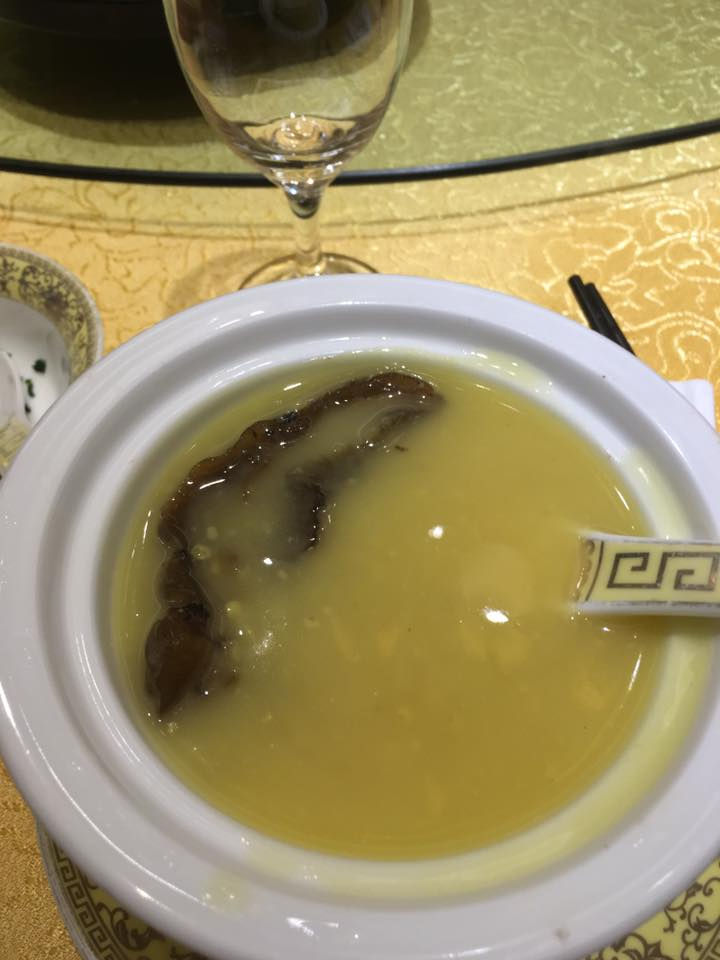In Defense of the ‘Gram
- Miranda Brown

- Jul 3, 2019
- 2 min read
Updated: 5 days ago
Do you feel like Instagram is ruining your dinner conversation? Or worry that you pick your entrées not based on how they taste, but how they look on Facebook?
If you have these thoughts, you are not alone. The famed man of letters, Yuan Mei made similar observations: People eat to be seen, admired, and envied.
Yuan Mei, though, was talking about the eighteenth century.
He complained that people no longer savored their food. Instead, they chose pricey but flavorless items so that others would hear about it. Hence, his plea: Eat with the mouth, not the ears!

Yuan Mei was probably thinking, in part, about the widespread habit of composing food poetry. Until the early twentieth century, literate Chinese wrote as often about their food as we do. Whereas our writings take the form of Instagram posts or blogs, they composed verse, running as few as four lines. Many of them were about fancy meals: lavish affairs that consumed the better part of evenings and involved exotic delicacies like palm face civet. Others, however, celebrated more quotidian fare. A casual lunch taken on a country road. A snack eaten at home. Or a late breakfast after a night of partying.

The poems were like modern social media posts. They created virtual communities, circulating through correspondence, manuscript, and print. Some Chinese writers found publishers who printed their work by the thousands. But others approximate present-day bloggers. Aspiring to become “influencers,” they self-published, producing print versions of their thoughts from home.
Much like Instagram posts, poems translated the act of chewing into an aesthetic experience. In vivid language, writers conveyed the look of food. These poems engaged not only the eyes but also the ears. Readers chanted or sung them out loud, as well as recited them in their heads. Inspired by a gift of cherries, one poem came with instructions about the melody.
The poems were also plays for status. They aimed to wow their audience with their authors’ literary finesse and impeccable taste in booze. They also broadcasted social connections. What was the point of attending a banquet with someone important if no one ever read about it?
Yuan Mei carped about self-aggrandizement, but he was as guilty as the next man. A talented poet, he is best remembered today for his treatise on gastronomy, or the Recipes from the Garden of Contentment.
Scholars cull the text for clues about cuisine in the eighteenth century, but it offers gossip, too. Yuan Mei told which famous people invited him for meals, where he enjoyed the best tofu, and who made for terrible hosts. (He once begged an acquaintance never to invite him over again.) Yuan Mei did not keep any of this to himself. While his treatise only came out in print after his death, it circulated within his social circle for years.
It is easy to point the finger at technology. Yuan Mei, though, reminds us that eating has never just been about the food. The medium has changed, but the impulse to impress remains the same.
Thanks for reading! Subscribe for free to receive new posts and support my work. https://thecuriouseater.substack.com/?utm_campaign=profile&utm_medium=profile-page




Comments